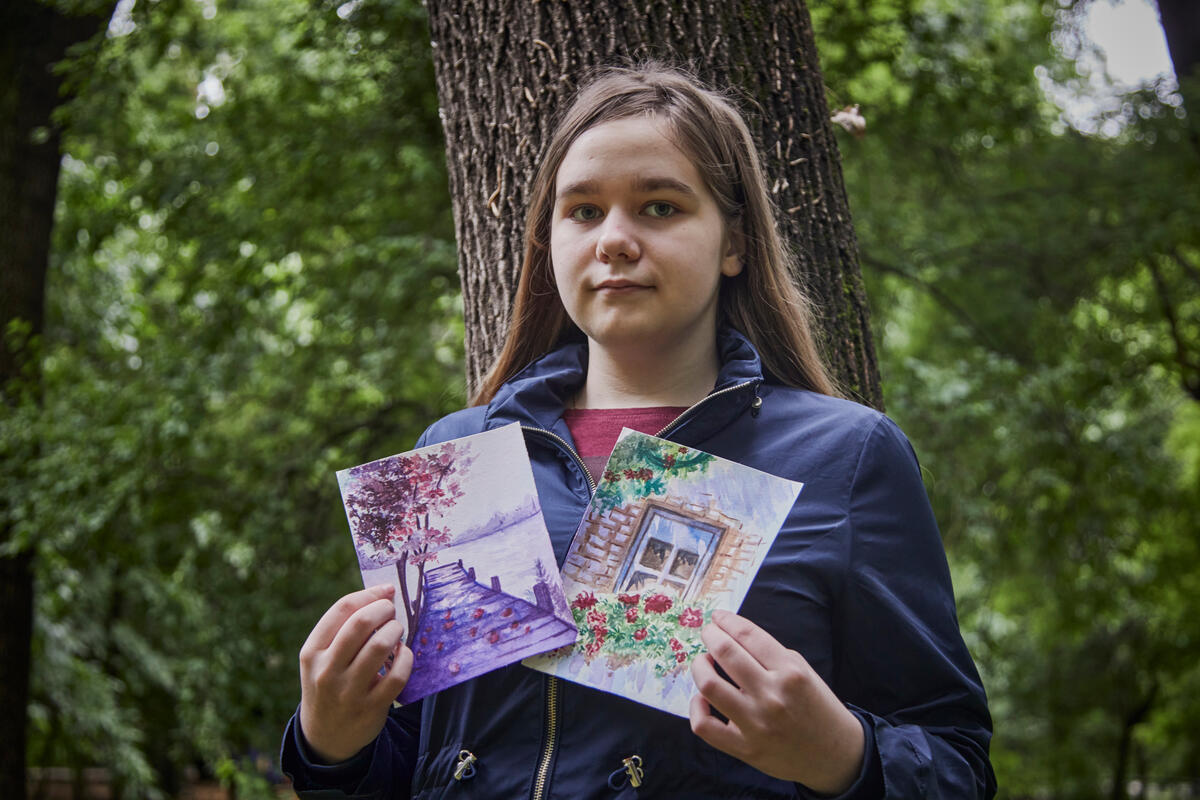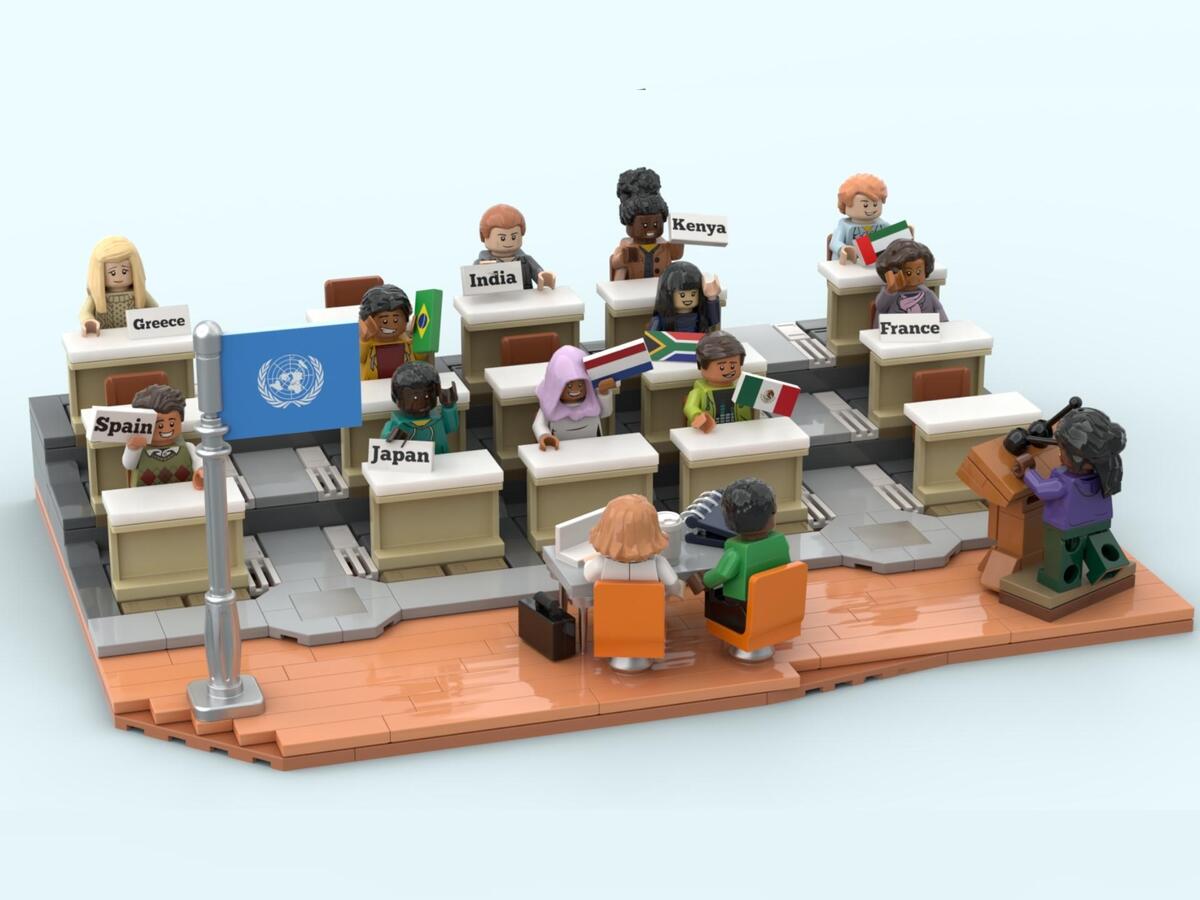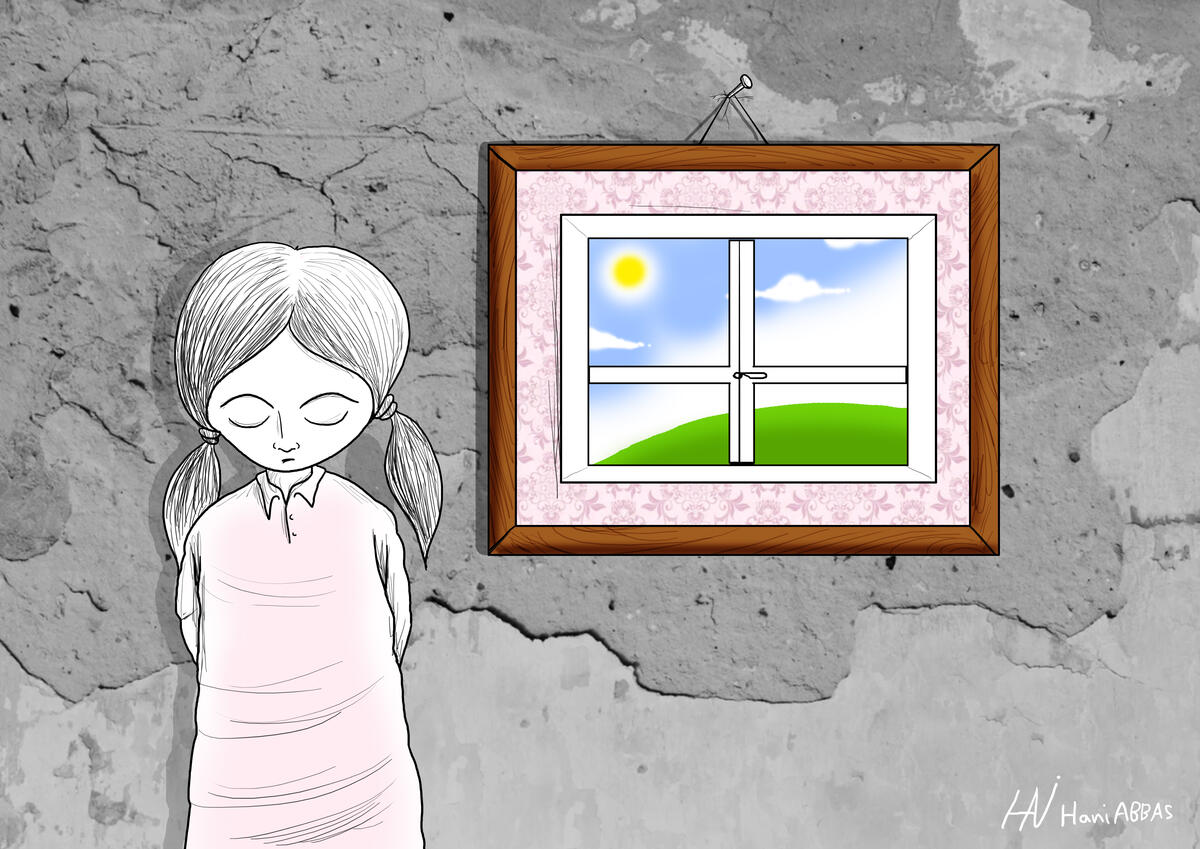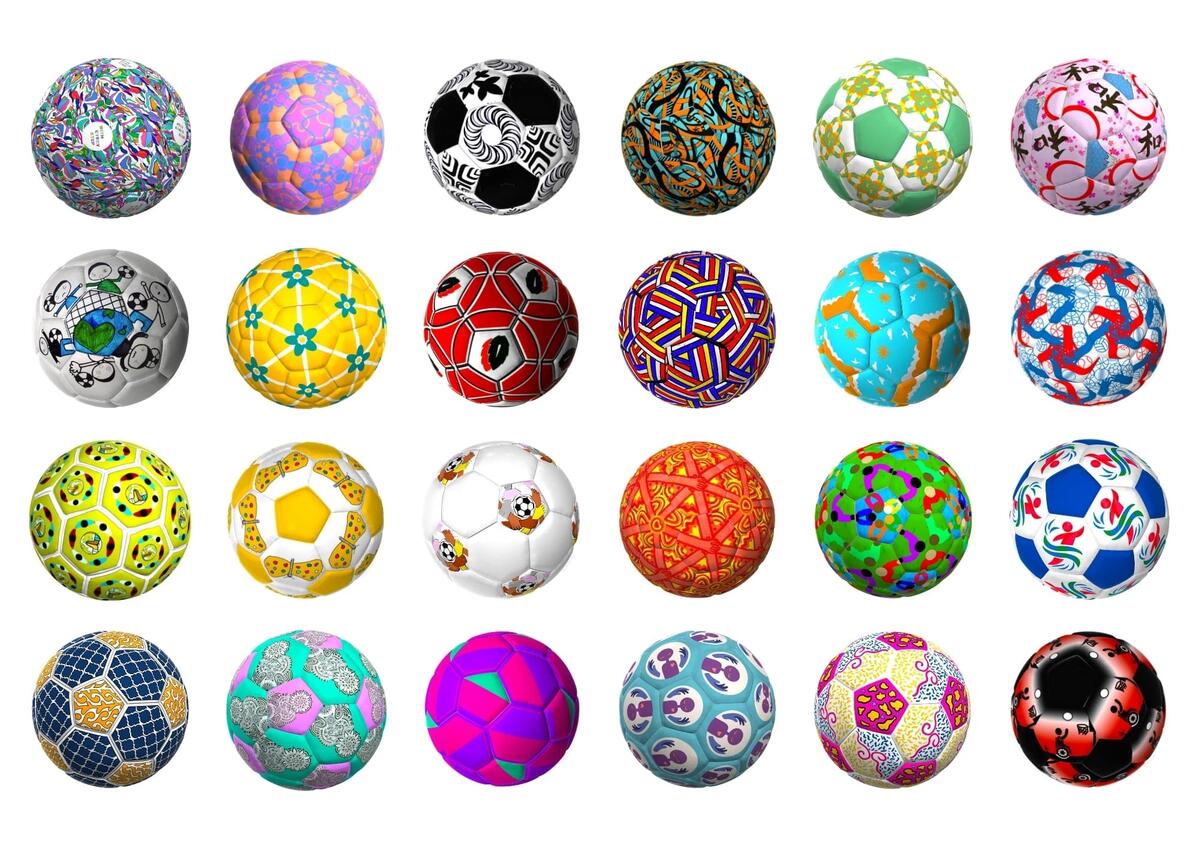Magicians on a mission: entertaining refugees, teaching the world
Magicians on a mission: entertaining refugees, teaching the world

KEBRIBEYAH, Ethiopia, 20 Jan (UNHCR) - Towards the end of last year a tall, graceful, bearded man stood before mesmerized Somali refugees in an Ethiopian camp pointing at a long piece of white paper in his other hand.
"Imagine this is your life. It is a whole life, a good life. And then war comes, famine comes, and you lose your friends, you lose your work, you lose your family, you lose your home and finally you lose your homeland and have to flee to another country as a refugee.
"And then you lose years and years and years living in a refugee camp," said Tom Verner, a magician on a self-appointed mission to help refugees, tearing off a piece of the paper at each repetition.
"But, with hope, imagination and courage your life will come back together again because your suffering is like bread and if you eat the bread of your suffering" - he stuffs the pieces of paper into his mouth - "You will become even stronger.
"And when your life comes back together, you will not only be whole and home again, but even more beautiful, like this," he said, pulling a 45 foot-long rainbow-coloured ribbon from his mouth.
Verner, founder of the non-profit organization Magicians Without Borders, has been using magic and humour to cheer and inspire refugees since performing for victims of the Balkan wars in 2001: "Because magic makes the impossible seem possible, I think, at some level magic can awaken hopes and dreams.
"When refugees live for years and years in a camp, far from home, their hopes and dreams can begin to die," said Verner, who was working as a professor of psychology in the United States when he started his visits to refugees and orphans. "Maybe magic in some small ways helps to awaken and keep alive hopes and dreams."
Verner and his partner Janet Fredericks, playing the clown La Fleur, amazed the Somali refugees with tricks using balloons and bubbles, vanishing silk scarves and the linking and unlinking of solid steel rings. But the emergence of the rainbow ribbon changed the mood of the audience.
Instead of laughter, the audience was captivated by the metaphor for the challenges they have faced as refugees. Then they felt courage and optimism.
"This is wonderful. It means even our terribly tattered life will be mended one day," said Fethiya Mohammed, a Somali refugee and mother of six who has been in exile for the last 15 years. "It means going back home is not a complete impossibility."
Despite the many countries that host refugees around the world, Ethiopia has a special appeal for the couple. It was their third performance there since 2003.
"Ethiopia with its ancient tradition and history of hospitality has welcomed many, many refugees: Sudanese, Somali and Eritrean. So we came because there were many refugees here," said Verner.
"When we came here the first time, we made good connections with UNHCR. We were warmly welcomed and supported by the staff," he said. UNHCR has provided local logistical help but all the other costs of the visit are paid by Magicians Without Borders.
"Last but not least, we have come to love the culture and especially the warm, open-hearted, almost always smiling people of Ethiopia," Verner said.
The Kebribeyah shows were seen by about 600 refugees, most of them children and women. The duo also did many performances in Addis Ababa for urban refugees and orphans under the care of non-governmental organizations.
Magicians Without Borders was founded when Mr. Verner was travelling in eastern Europe in 2001 and did magic shows in refugee camps in Kosovo and the former Yugoslav Republic of Macedonia. The shows were so well received he took an extended leave from his teaching and started performing full-time.
"The refugees opened up my heart in a very real way and inspired me to begin Magicians Without Borders," he said.
Performing magic for refugees and orphans has taken Verner and Fredericks to many countries, including India, Haiti, Bosnia and Herzegovina, and Croatia. They find magic stimulates the imaginations of refugees who often live monotonous lives in camps where there is rarely something new to think and talk about.
More importantly, their work with refugees and UNHCR has helped them understand the enormity of the challenges that refugees face and the responsibility UNHCR has taken on.
"One reason I think I am particularly touched by refugees is that Janet and I live in a very beautiful home in Vermont, a home that we built with our friends and family with our own hands. We love our home.
"The thought of not having a home, living homeless and far from home, this is a very sad and frightening thought for me. My heart goes out to those who have no home and are forced by war to live year after a year in a refugee camp," Verner said.
This realization and understanding of the global refugee problem has turned Verner and Fredericks into self-appointed goodwill ambassadors for UNHCR. Spreading the word about refugees and UNHCR has become part of their work at home. They give regular presentations at churches, schools, colleges and libraries that combine magic, slide shows and stories about refugees and orphans.

"Most people in our country, and this was true for me a few years ago, think that refugees are people who have to leave their country and live with a few hundred other people in a refugee camp for a few months - and then they go back home. When we tell them that refugees live for decades in camps and that the camps shelter twenty, thirty, forty thousand people - and at times even much bigger - they are shaken," Verner said.
"They can hardly believe it,"
By Kisut Gebre Egziabher in Kebribeyah, Ethiopia









